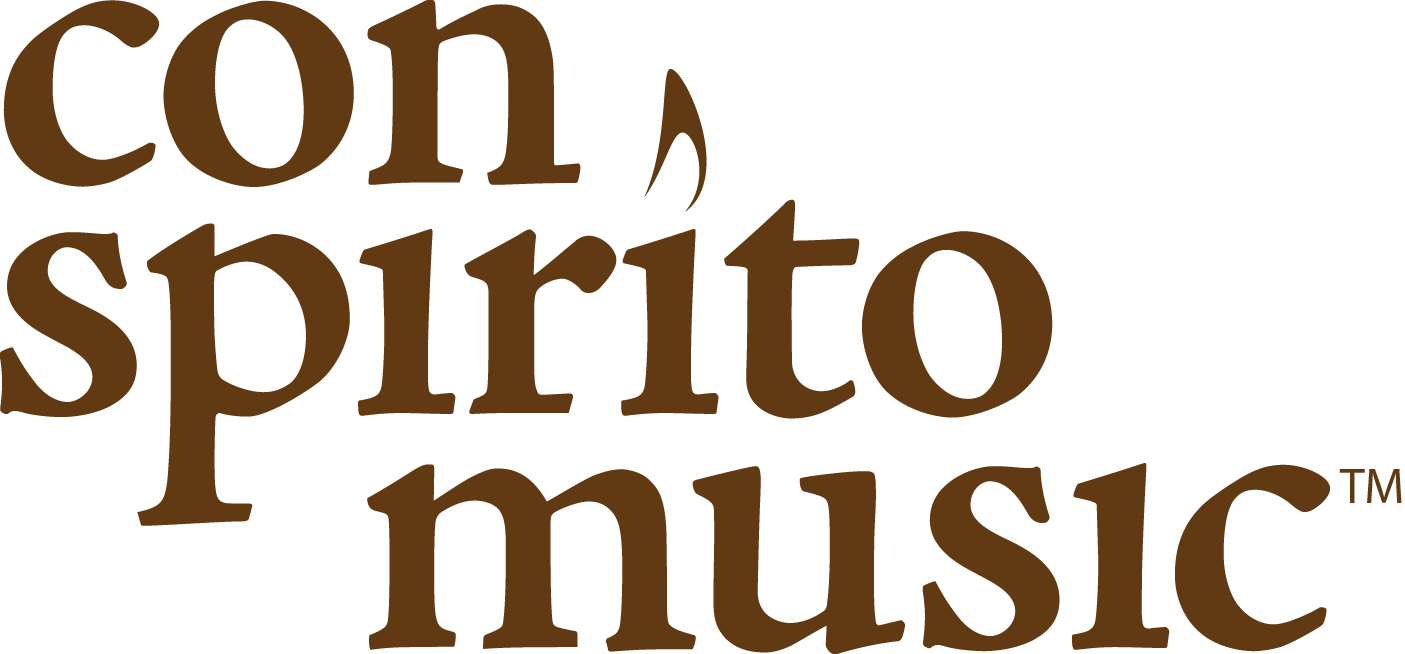The “Battle Hymn of the Republic,” also known as “Mine Eyes Have Seen the Glory” or “Glory, Glory Hallelujah,” is an American patriotic hymn by the poet, author, and abolitionist Julia Ward Howe (1819-1910) set to a 19th-century American folk tune.
The tune has its origins in American camp revival meetings of the late 1700s, where it accompanied “Canaan’s Happy Shore,” a hymn that included the verse, “O brothers, will you meet us on Canaan’s happy shore?” and the chorus “There we’ll shout and give Him glory, for glory is His own.” The hymn and variants of it, including the chorus “Glory, glory, hallelujah,” spread across both the northern and southern United States by the 1850s.
About 1860, the tune was adopted by the 2nd Infantry Battalion of the Massachusetts militia, known as the “Tiger” Battalion, with lyrics poking fun at a battalion member who shared the same name as the recently deceased abolitionist, John Brown. According to the 1890 account of journalist and former batallion member George Kimball, if the battalion’s John Brown was tardy or failing in his duties, he would be greeted with, “This can’t be John Brown — why, John Brown is dead,” to which another would add, “Yes, yes, poor old John Brown is dead; his body lies mouldering in the grave.” Soon, battalion members appended verses to the “O Brothers” tune, with the chorus “Glory, glory, hallelujah,” and “John Brown’s Body” was published by C.S. Hall of Charlestown, Massachusetts in 1861.
During a visit to Washington, D.C. in November 1861, Julia Ward Howe heard the song during a public review of Union troops. A friend, theologian and minister James Freeman Clarke, suggested she write new words to the song. Howe’s lyrics, linking the Union cause with God’s vengeance at the Day of Judgment and titled “Battle Hymn of the Republic,” were first published on the front page of the Atlantic Monthly in February 1862. It soon became a favorite marching song of the Union Army and a lasting addition to the catalog of American patriotic songs.
Score, parts (Bb tpt. 1, Bb tpt. 2, F horn, tbn, tuba) — $12.99
